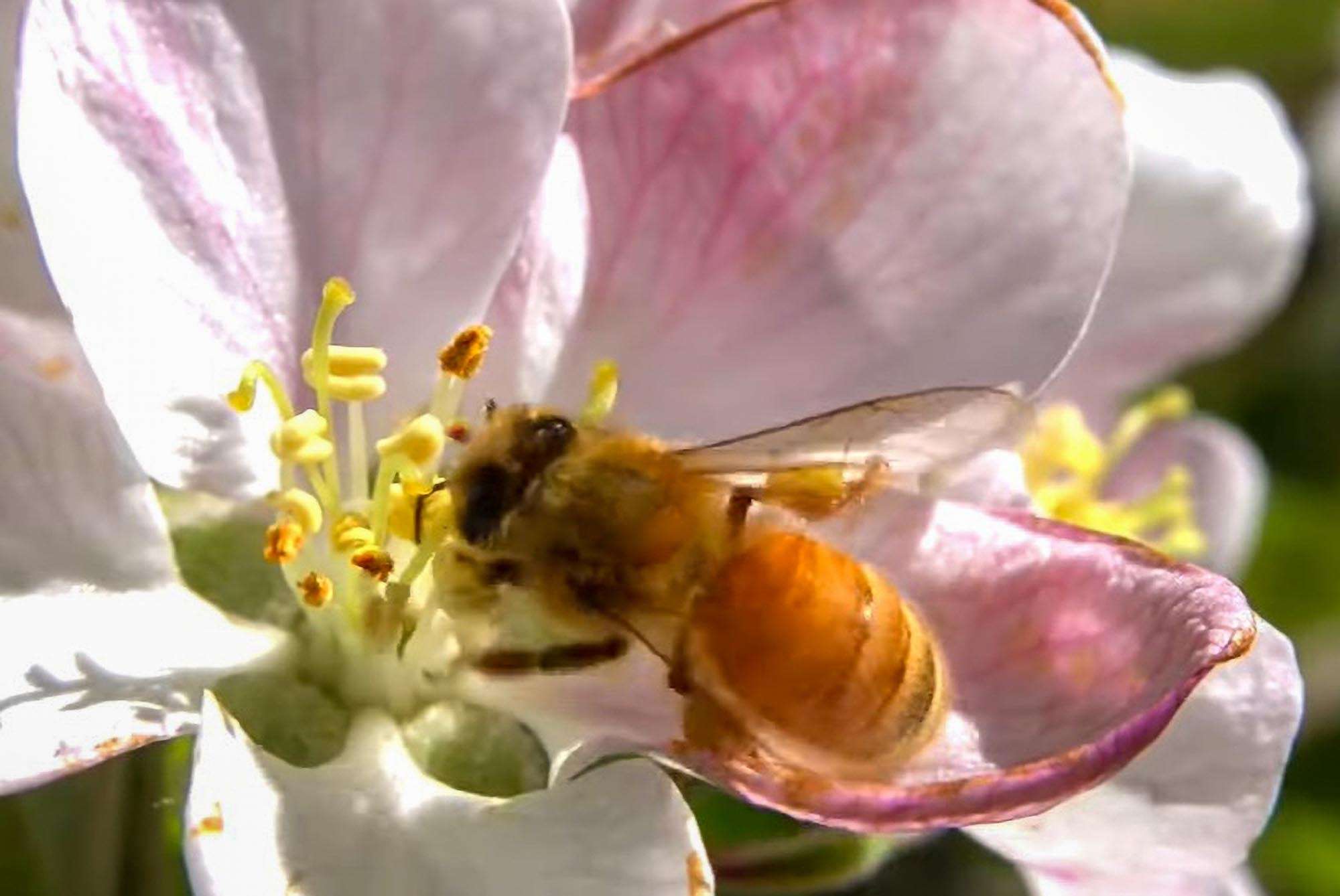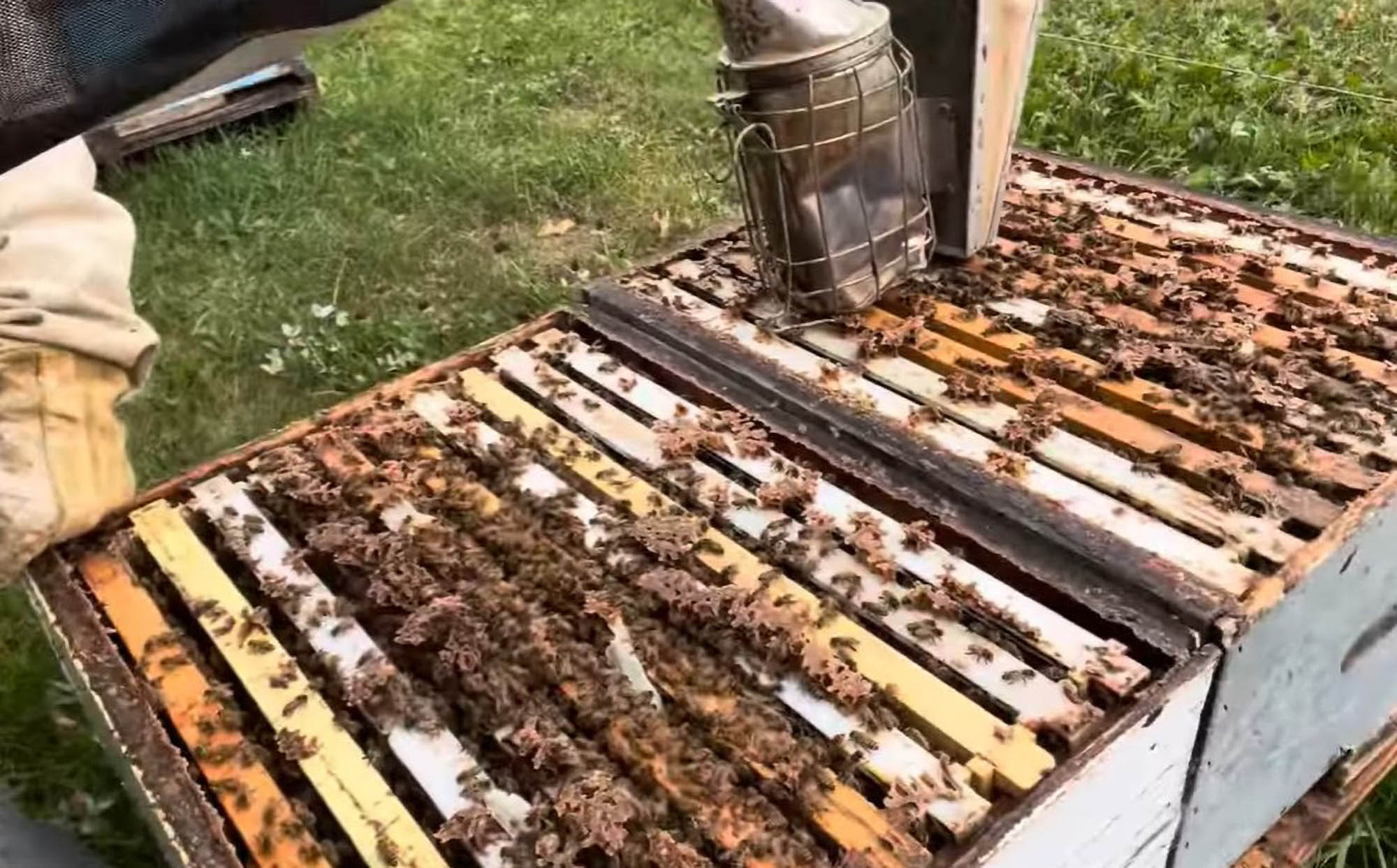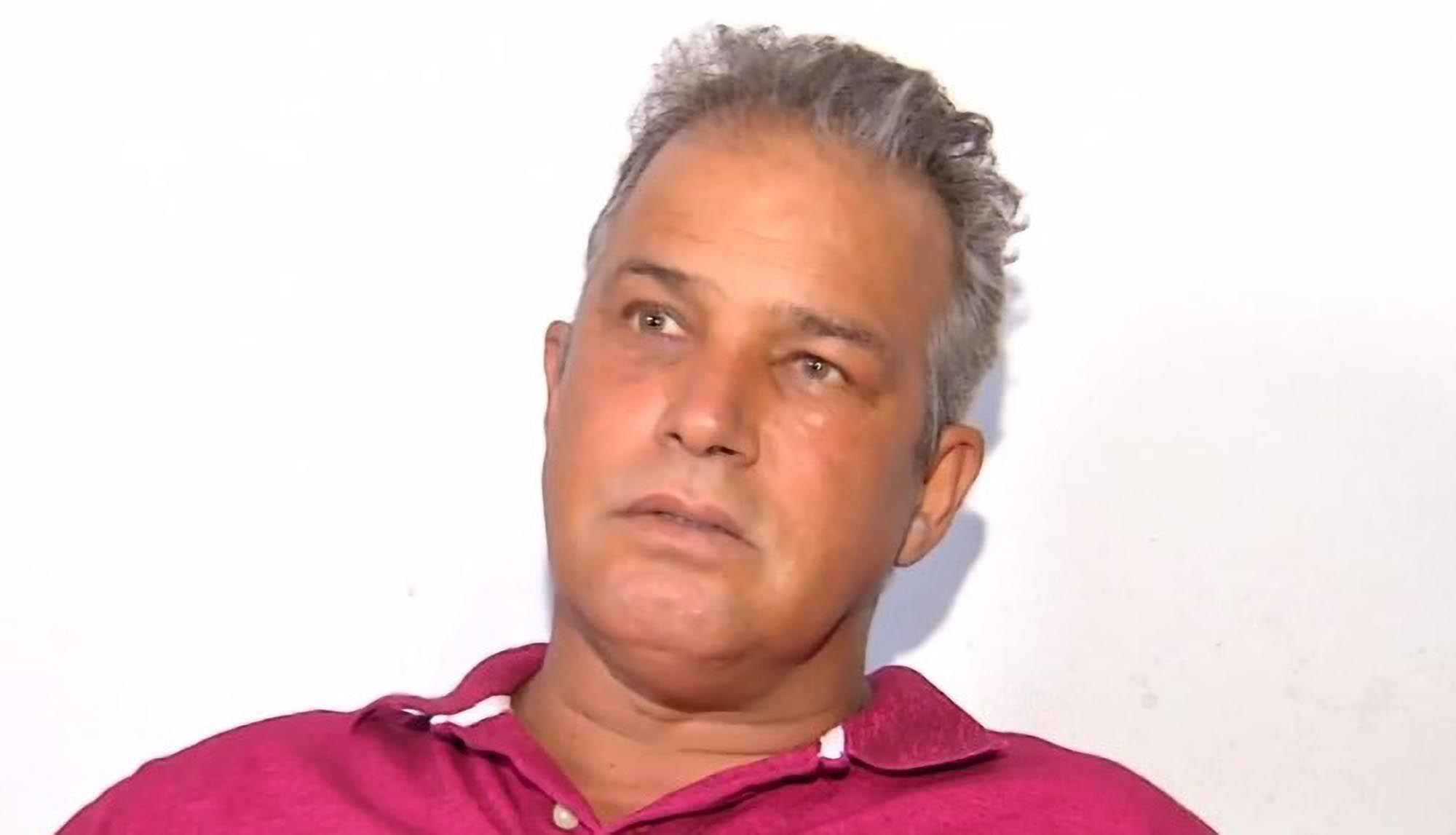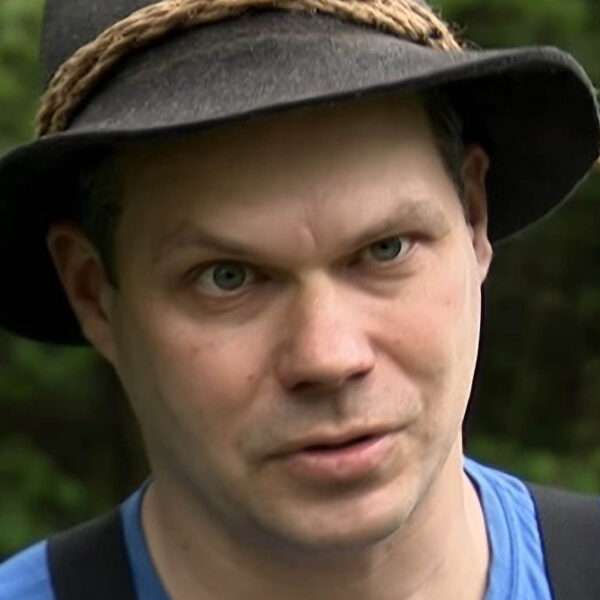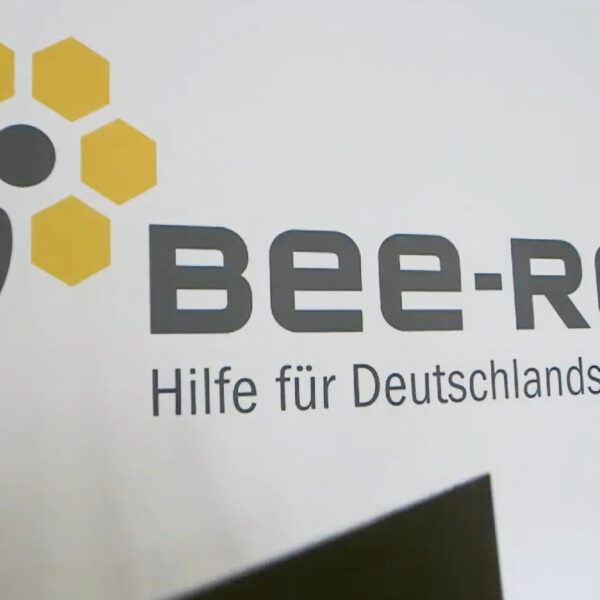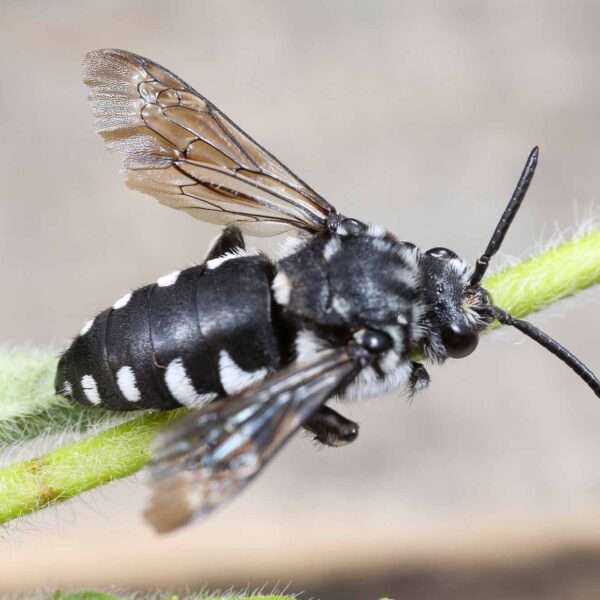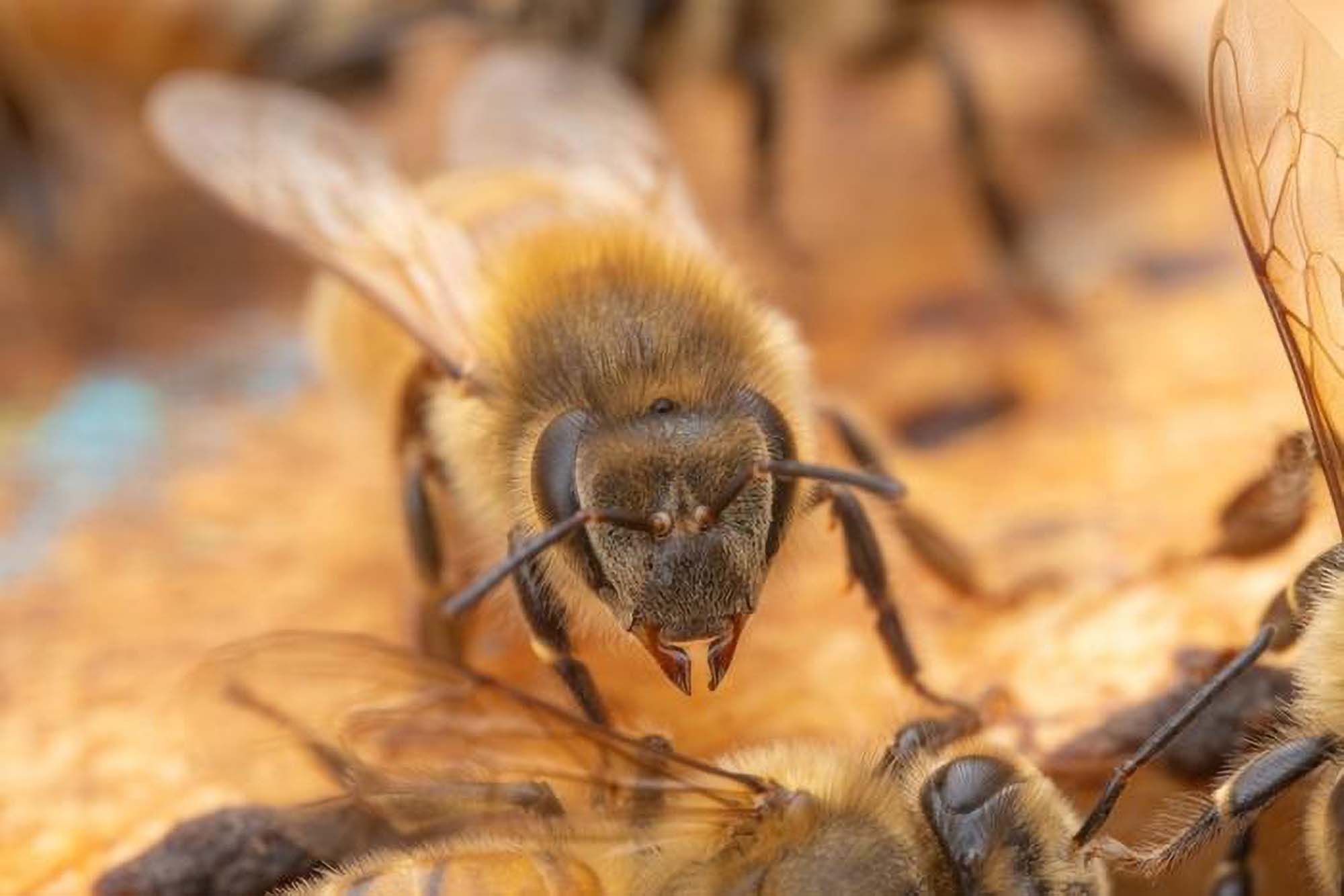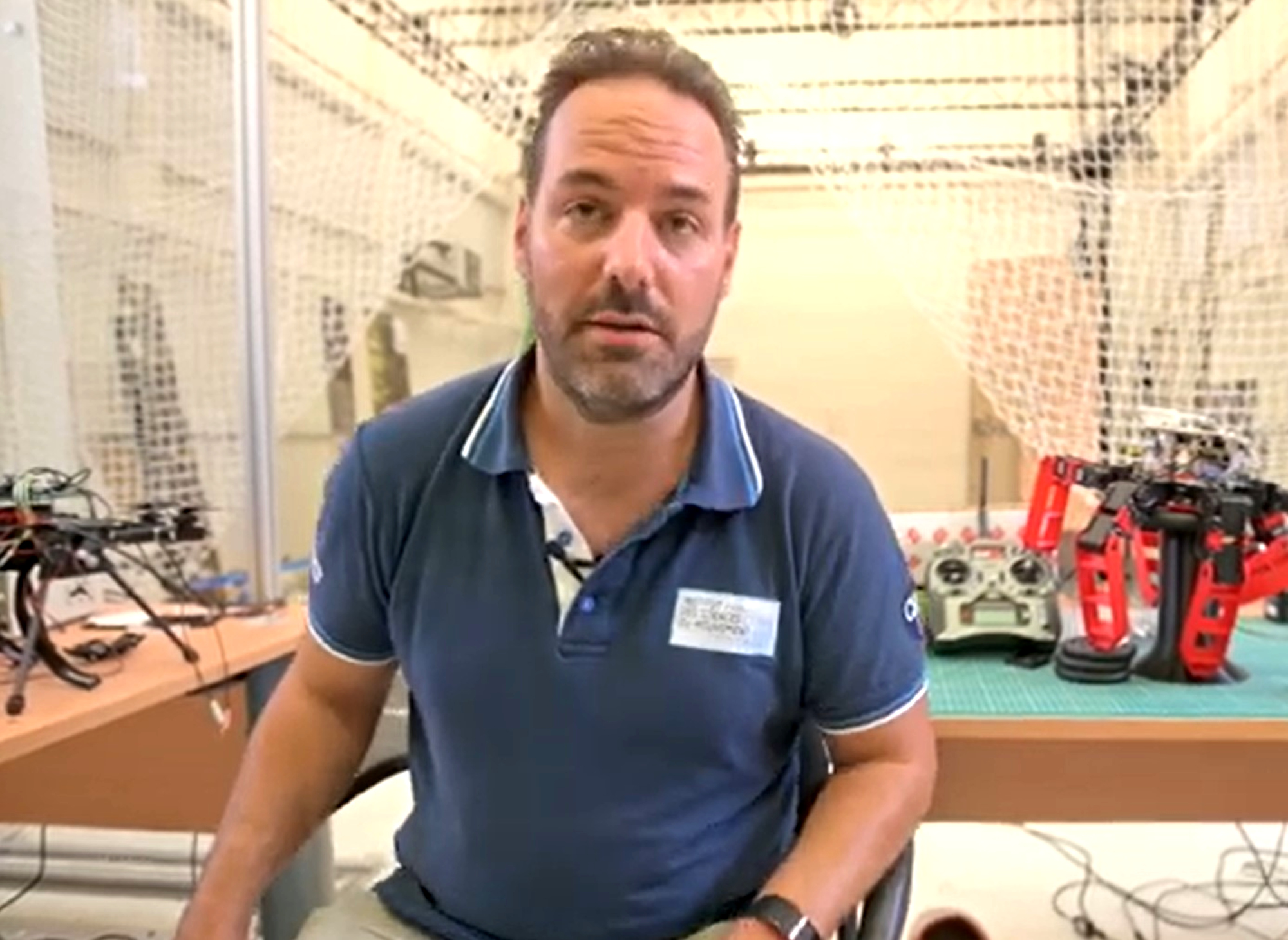Apiculture can help to escape from the stressful and negative aspects of life, an experienced beekeeper has claimed.
Horst Plössnig from the small town of Mörtschach in the Austrian state of Carinthia said: “Looking after your bee colonies is like diving into a fascinating microcosm. It lets you forget all the hectic and bad news of this world.”
Speaking to the Osttirol Heute news website, the retired teacher emphasised: “Most importantly, there are new things to discover about beekeeping each day.”
Horst, whose honey can be purchased at his home and several food stores in the area, also enjoys lecturing beekeeping beginners.
The 69-year-old explained: “Habsburg Emperor Maria Theresa was a strong supporter of apiculture. She established the first beekeeping school of the monarchy.”
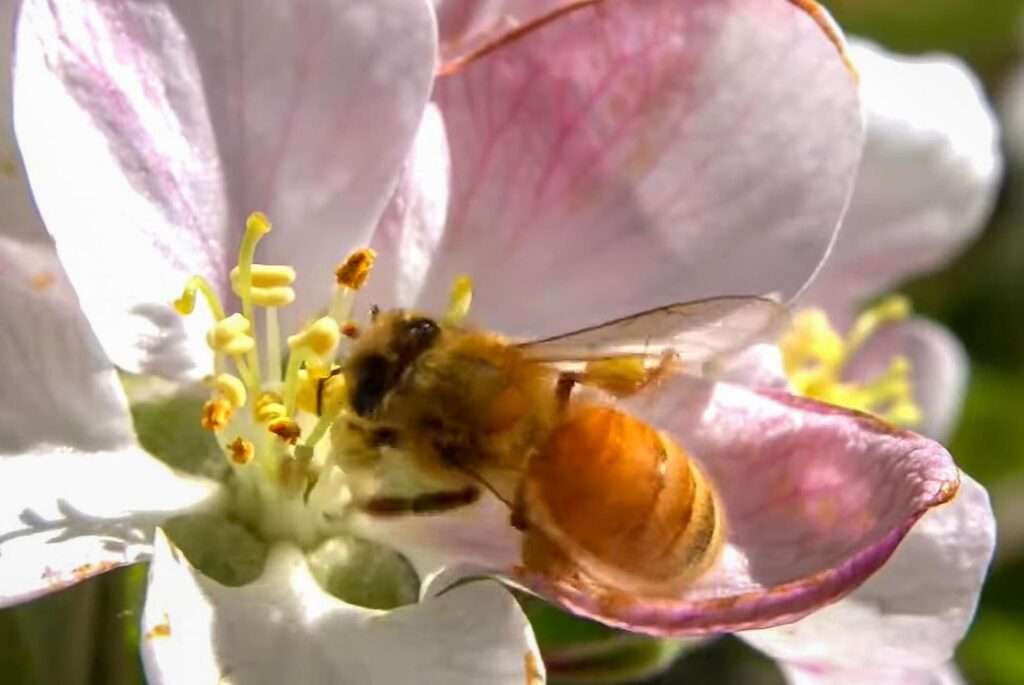
Horst currently manages 35 hives. He is one of the 3,400 residents of Carinthia who engage in apiculture. The southern region boasts idyllic lakes, spectacular mountains and vast forests.
Meanwhile, another Carinthian beekeeper encouraged his peers to react flexibly if the area where their colonies had been placed was struck by bark beetle infestations.
Arno Kronhofer from Hermagor told broadcaster ORF: “Apiarists should always consider alternative locations. This would ensure they could relocate them after a poor season.”
Bark beetles have the capacity to kill off whole trees within weeks. Many beekeepers install their hives in or near forests. Wood honey is one of the most popular flavours in Europe.
Almost 48 per cent of Austrian soil is woodland, according to the World Wide Fund for Nature (WWF).

